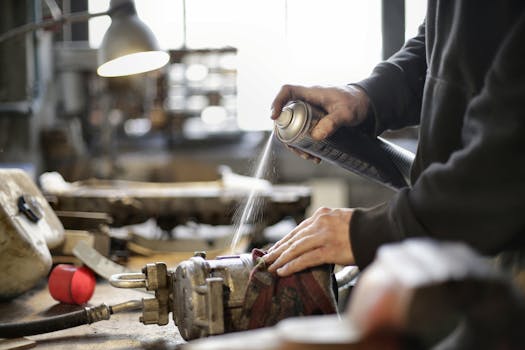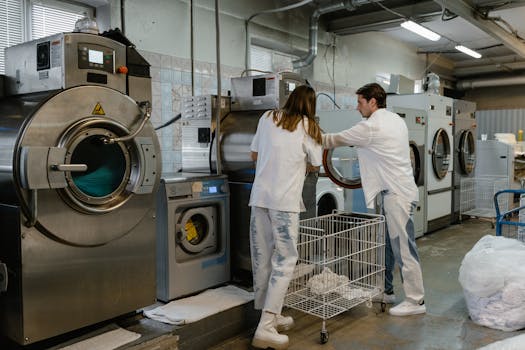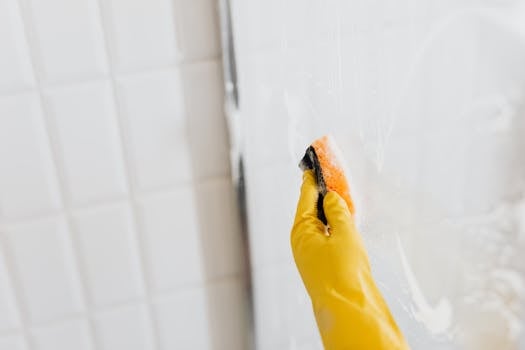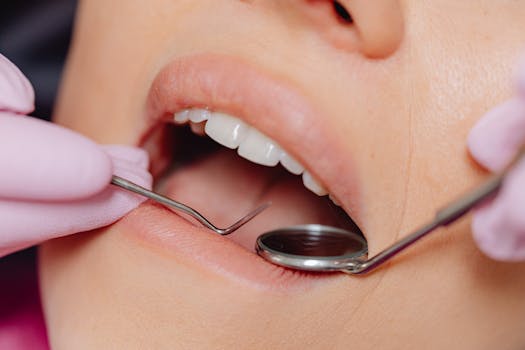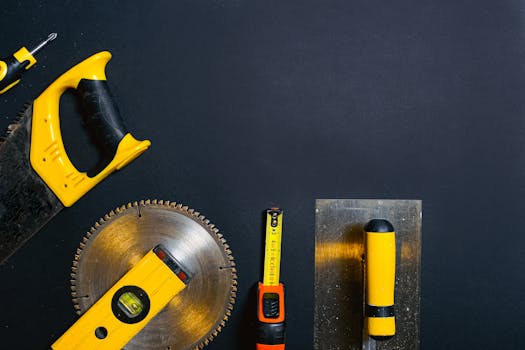You can do a foundation degree, higher national diploma or degree in a scientific subject to work as a laboratory technician.
Subjects include:
- biomedical science
- environmental science
- forensic science
- materials science
- pharmacy
- biology, chemistry or physics
Entry requirements
You'll usually need:
- 5 GCSEs at grades 9 to 4 (A* to C), or equivalent, including English, maths and science
- 3 A levels or equivalent

